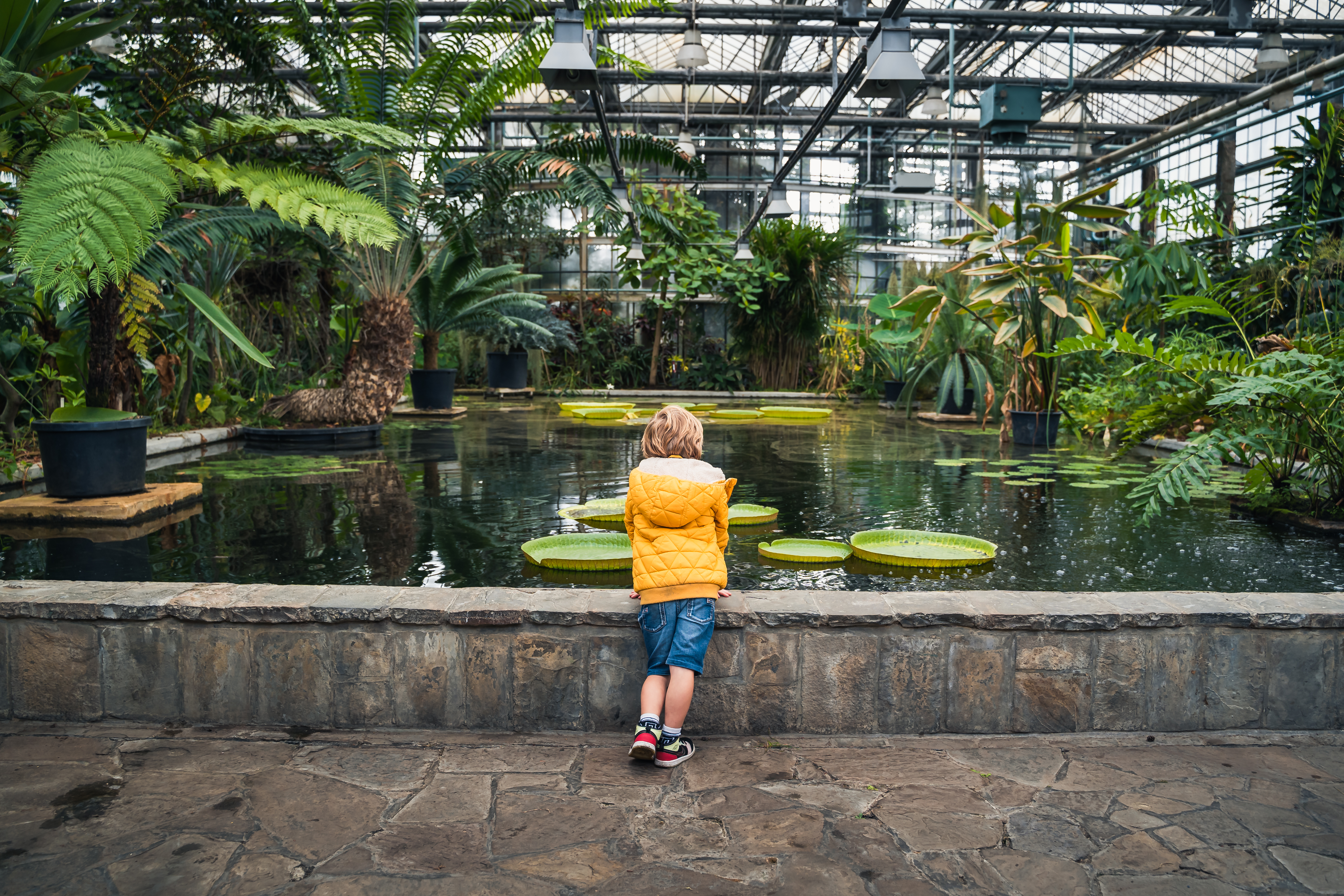Host institution
Meise Botanic Garden
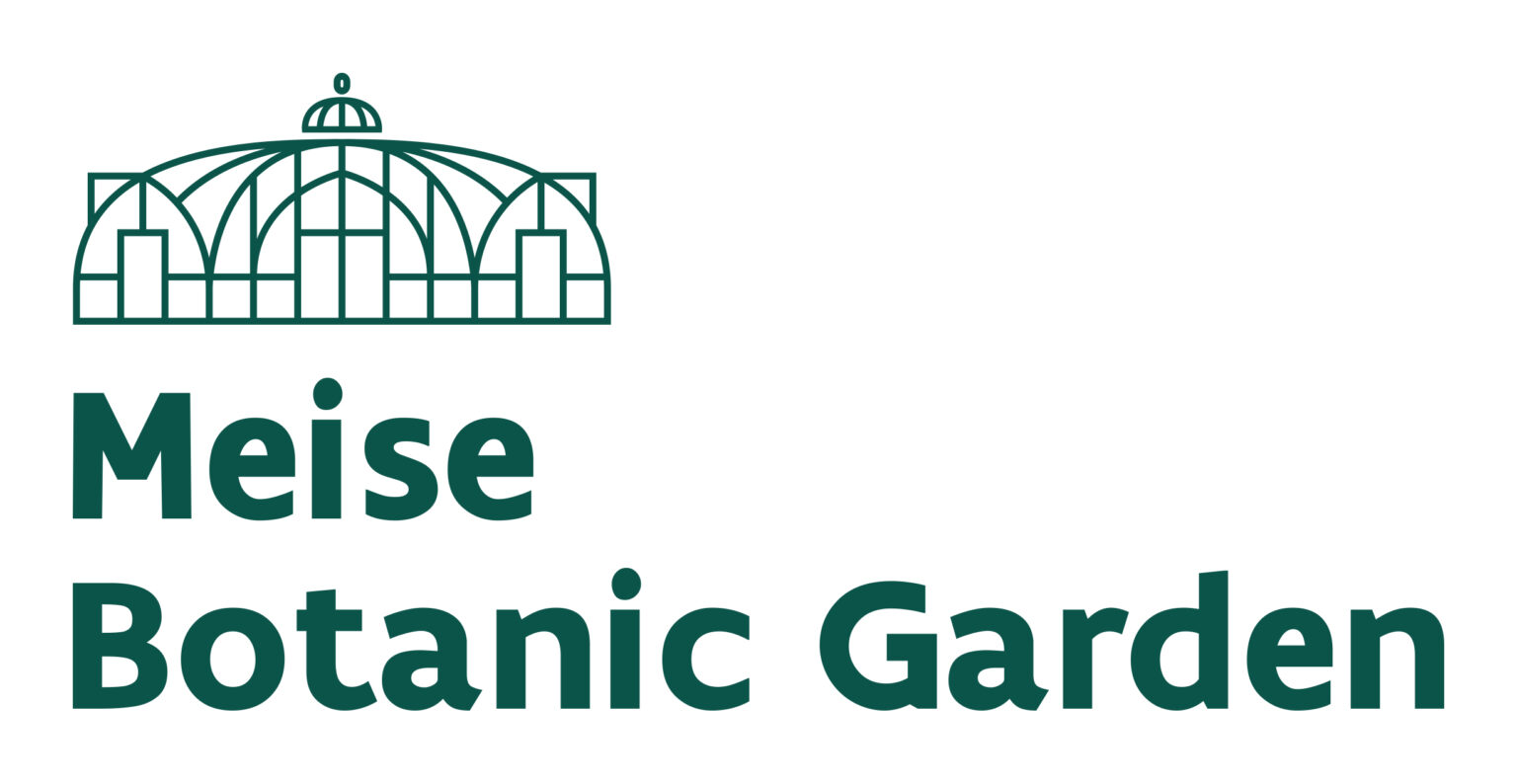
Meise Botanic Garden (MeiseBG): Besides acting as coordinator for Flanders and being the relay for FWB and RW, the institution contributes with their knowhow in both physical and digital collection management. Meise BG hosts about 4 million preserved collections items among which about 3.5 million herbarium sheets and 500 000 fungi collections including lichens. The outdoor (92 ha) and indoor living collections comprise over 25000 accessions including important crop wild relatives from coffee and bananas with high economical importance. The seed bank of the Garden conserves more than 6600 accessions notably of endangered Belgian flora, the endemics of the Copper Hills in Katanga, and a unique collections of wild beans and bananas. There are close to 10 000 DNA extracts stored in relation to our molecular activities. MeiseBG is busy mass digitizing its entire preserved collection of herbarium sheets which progress can be consulted on Botanical Collections. The public can contribute to mobilize more data about our collections via our crowdsourcing platform: DoeDat. MeiseBG staff is expert in Biodiversity Information Standards and active member of TDWG.
Flemish Participating partners
KU Leuven
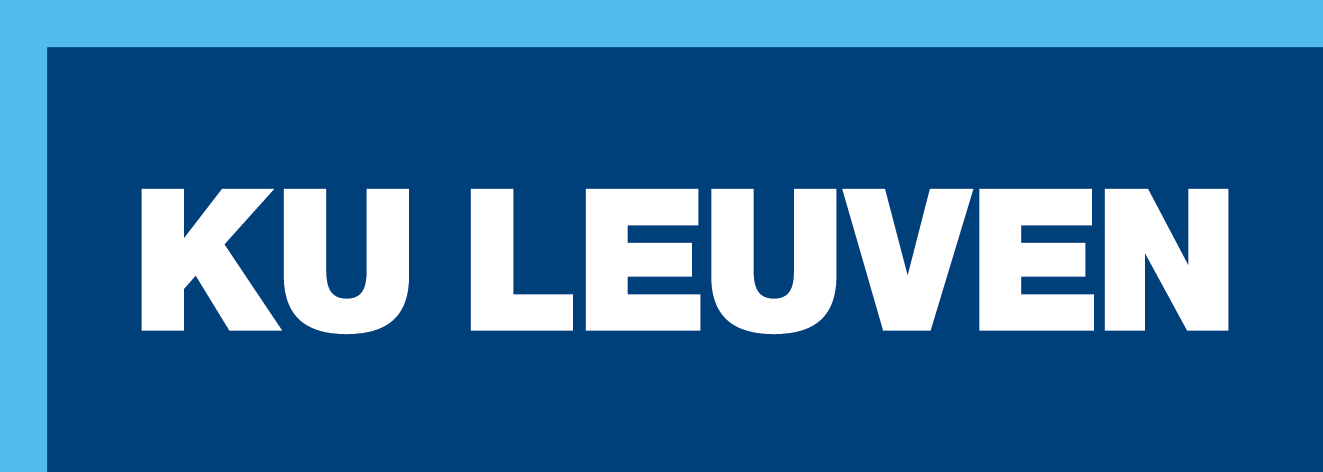
KU Leuven has a large variety of collections across different biological and geological related disciplines in scope of DiSSCo, as well as scientists acting as curators and data managers. Like with the other universities, both classical and smaller lab collections will be considered. KU Leuven will participate in DiSSCo with the following collections: Soil monoliths, lacquer profiles and samples and Legacy soil maps (1.1K), Rocks (10K), Mineralogy (10K), Paleontology (100K), Prehistory (10K), Zoology Museum (6K), agricultural models (10) (inventory is based on the Academic Heritage inventory (2012)). The soil samples, Paleontology collection and Zoology Museum are partly inventoried and digitized. The Scientific Collections & Heritage unit is responsible for collection management, policies and digitisation.
Research Institute for Nature and Forests (INBO)

Research Institute for Nature and Forests (INBO) is the Flemish research and knowledge centre for nature and its sustainable management and use. INBO conducts research and supplies knowledge to policy makers and stakeholders. Through its scientific research, INBO supports all agencies in the Flemish government dealing with open space, as well as organisations involved in nature conservation, forestry, agriculture, hunting and fishery. INBO publishes its scientific results as open data for international reporting. It participates in several international research networks including LTER, ALTER-Net and LifeWatch. INBO will notably act as liaison between the biodiversity research field and collection data. Furthermore INBO houses a living collection of native trees and shrubs from Belgium, a soil sample archive (15K) that will enrich the Earth Science collections within DiSSCo, and a DNA sample collection including material from rare species of high conservation priority in Europe and Flanders. Staff of INBO are experts in Biodiversity Informatics and a number of employees of the Belgium Biodiversity Platform, acting as the country’s GBIF node, are stationed there.
Ghent University (UGent)
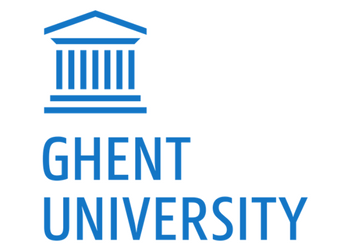
Ghent University (UGent) houses several institutional collections, including the zoological museum, a botanical garden and herbarium, as well as several smaller collections linked to biological and geological labs. In March 2020, UGent opened the new Ghent University Museum (GUM), which showcases their unique collections to the wider public and engages in increased educational purposes. The staff of UGent is experienced in collection management and will disclose its collections to DiSSCo as an important contributor. Beside the known and inventoried collections, the smaller and potentially orphan lab collections will also be part of the project, like for example biological, medical and histological slide collections. Based on the Academic Heritage inventory (2012), UGent has as a rough estimation of the following collection items in the scope of DiSSCo: rocks and minerals (50K), Museum Morphology (7K), Veterinary collections (?), Animal Pathologies (1K), Pharmacy (0.46K), Botanical Garden including the herbarium (0.41Mio), Microorganisms (75K), Museum Zoology (50K), Museum History of Medicine (?).
Institute for Agricultural and Fisheries Research (EV-ILVO)

Flanders Research Institute for Agriculture, Fisheries and Food (EV-ILVO) is an internationally recognized scientific institute that stands for multidisciplinary, independent research and specialized service provision in all fields related to agriculture, fisheries and food in Flanders. EV-ILVO will contribute to DiSSCo with collections of marine fauna (1.5K) and dried reference sediment samples for metals and grain size (0.3K) in the North Sea, otoliths (10K) and finclips from fishes (1K), marine environmental samples for eDNA (0.2K), marine invertebrate specimens and their DNA (1K), seed collections and genetic resources from agricultural crops (1K) and living plant cultivars (0.5K), biobanks and genetic resources of crop pests such as nematodes, mites, fungi and bacteria (8.5K) and isolates and genetic resources of bacteria and fungi linked to the food and agriculture industry (10K). EV ILVO also has long-term series from measurements of shrimp fisheries catches (>100 years) and macrobenthos community composition in the North Sea (>20 years), which can be linked to DiSSCo.
Flanders Marine Institute (VLIZ)
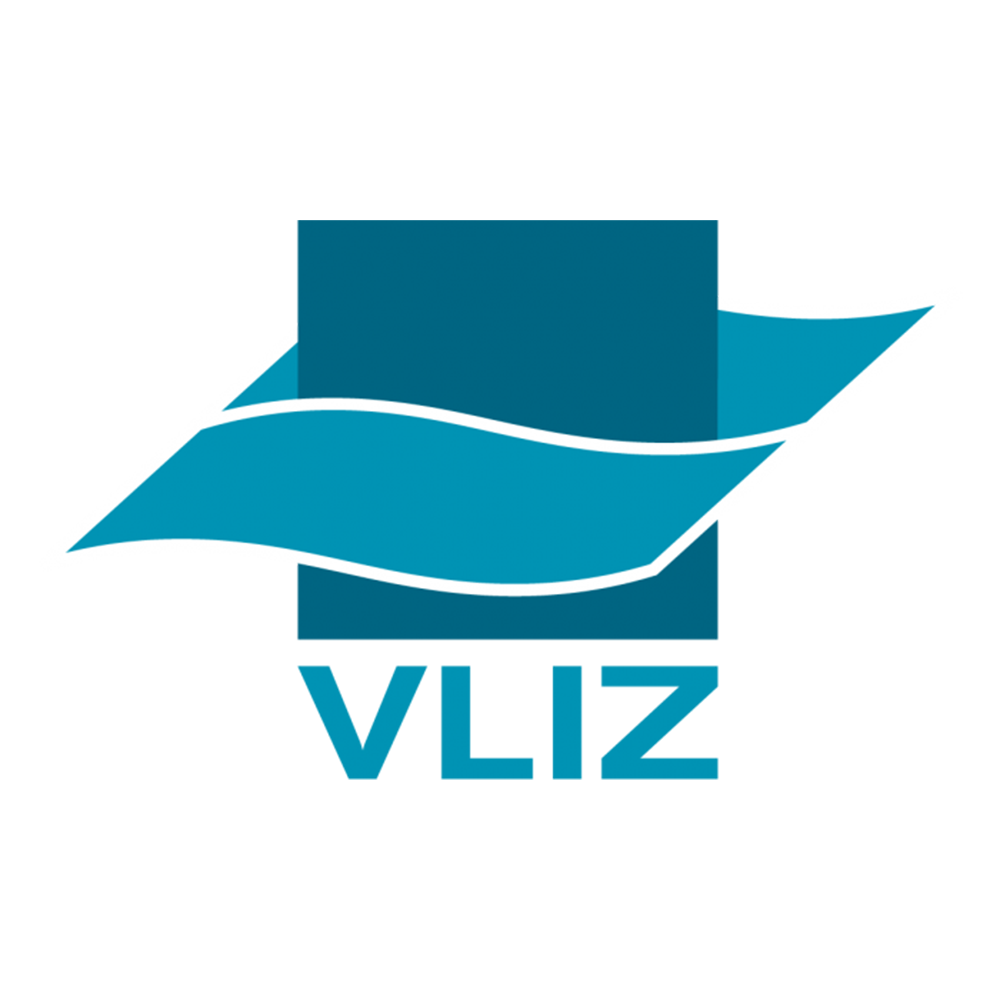
Flanders Marine Institute (VLIZ) promotes accumulation of marine knowledge and data in marine research in Flanders, focusing on oceans, seas, coastal and tidal systems. The target groups for knowledge accumulation are the marine research community as well as educational institutions, the general public, policymakers and the industry (within the scope of the blue economy). Among the core activities of VLIZ are supporting networks of marine scientists and other concerned parties, as well as representing the Flemish marine research community in the international marine scientific circles. VLIZ as a member of the LifeWatch ESFRI is both the regional contributor with activities related to the observatories and data archaeology, and responsible for the development of the Species Information Backbone. VLIZ will contribute to DiSSCo with a marine core repository collection. This repository contains marine sediment sample collections of great importance in ocean research. They are used for research in climate, environment, many other marine geological studies, and for education.
Royal Zoological Society of Antwerp (KMDA)

Royal Zoological Society of Antwerp (KDMA) manages three zoological gardens in Flanders (ZOO Antwerpen, ZOO Planckendael, and ZOO Serpentarium), the De Zegge nature reserve in Geel, and the Flanders Meeting and Convention Center Antwerp. The KMDA Centre for Research and Conservation plays a leading role in the global zoo community in terms of scientific research and conservation of threatened animal species and their habitats. In DiSSCo, KDMA will play a key role in terms of zoological living collections, as well as genetic, tissues and cell collections. The living collections comprise 9K individual animals of 662 species, as well as an arboretum. KMDA hosts one of the four physical locations of the EAZA BioBank, linked to ZIMS.
Institute of Tropical Medicine (ITM)
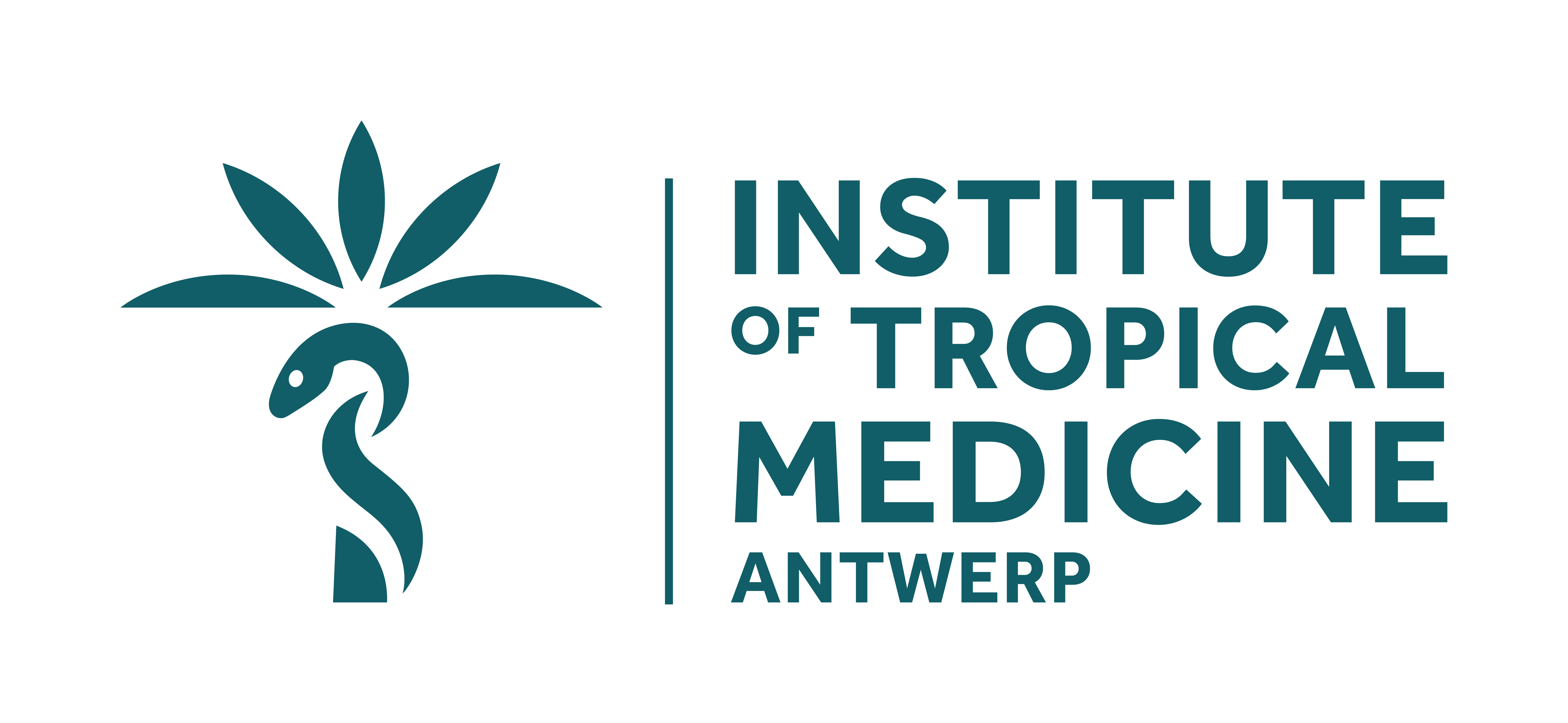
Institute of Tropical Medicine (ITM) strives for the advancement of science and health for all, through innovative research, advanced education, professional medical services and capacity sharing with partner institutions in Africa, Asia and Latin America. As a reference institute connected with researchers worldwide, ITM stores a large amount of human and non-human material and data. Unlocking the historic collections for the international research community with fair access to high quality collections is one of ITM’s scientific goals. ITM participates in the DiSSCo project with its Prof Van Marck collection (human origin), its insect collection, and its historical wet specimen collection (human and non-human origin).
Hasselt University (UHasselt)
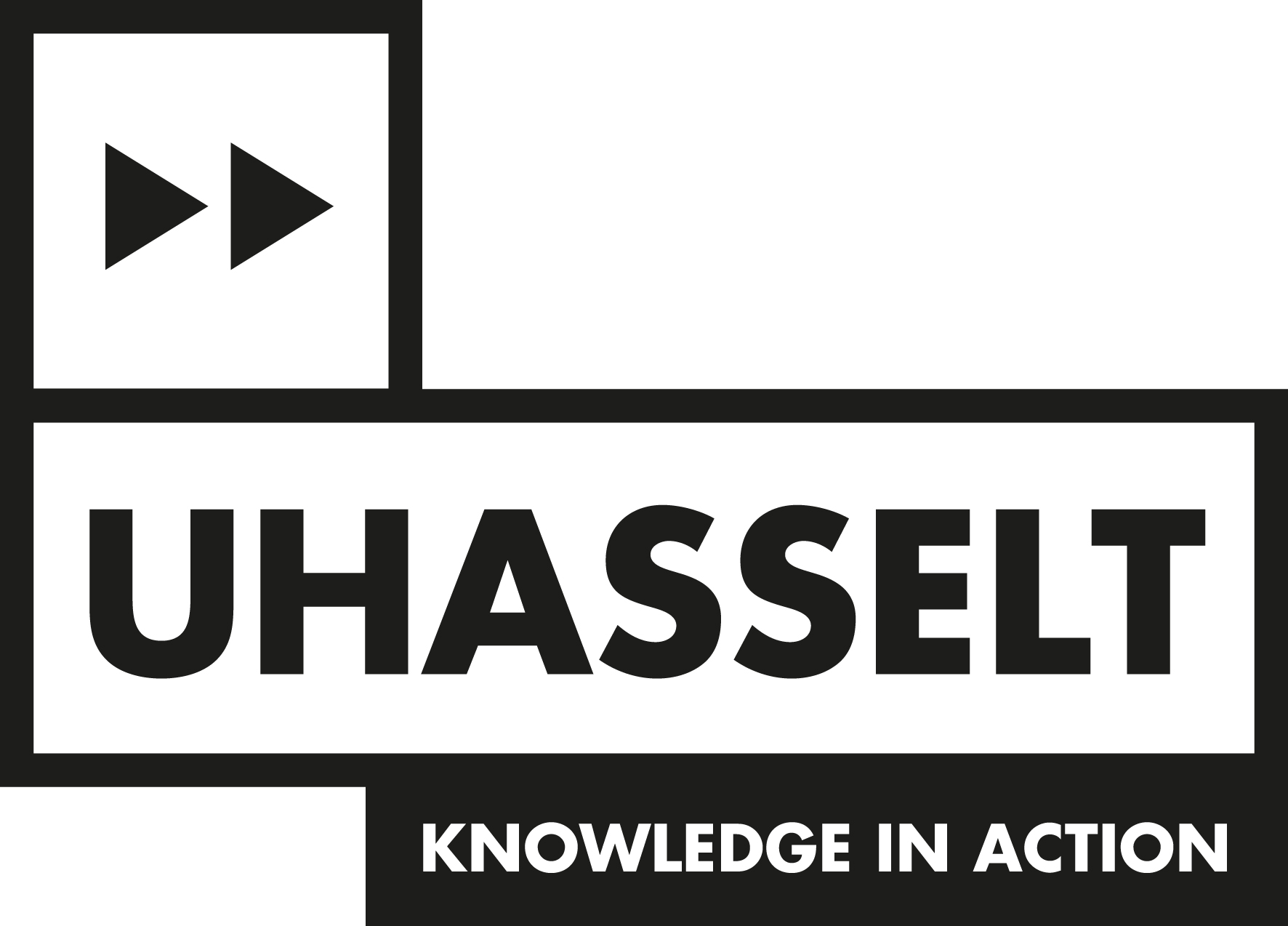
Hasselt University (UHasselt) hosts within its Research Group Zoology a curated collection of slides and tissue samples of aquatic invertebrates (mainly flatworms). The Capacity Group Biology-Geology also has a didactical geological collection.
Third parties
University of Antwerp (UAntwerp)
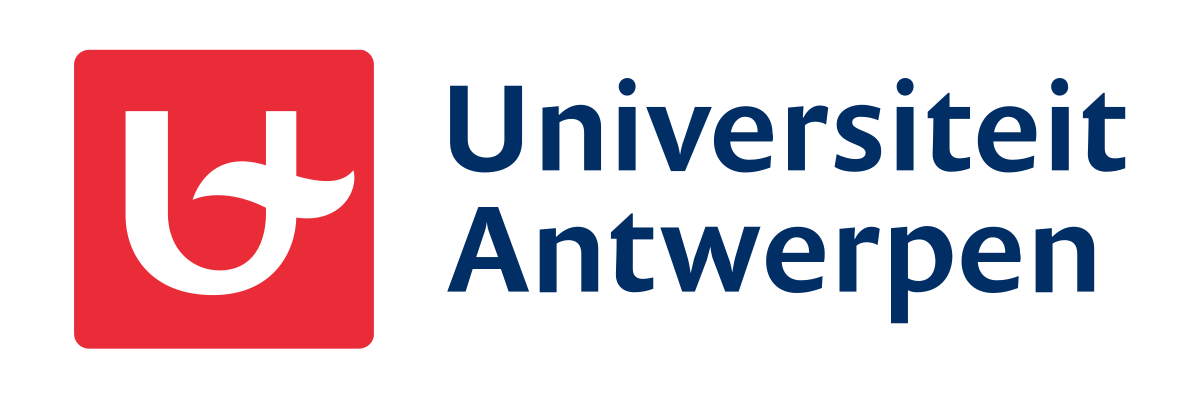
University of Antwerp (UAntwerp) has several collections in the scope of DiSSCo. They will also, next to the institutional collections, address lab collections in an updated inventory and assessment for DiSSCo. Based on the Academic Heritage inventory (2012), the following collections are in the scope of DiSSCo: Veterinary (3K), Anatomy (0.7K), Pathologies (0.2K), Zoology (12K), Herbarium (4,7K, hosted in Meise Botanic Garden), mineral and rocks (0.1K), Mouse and Rats traps (0.3K), Educational biology (70), Preparations Biology (9K), Crystal models (50), Natural History (50).
Vrije Universiteit Brussel
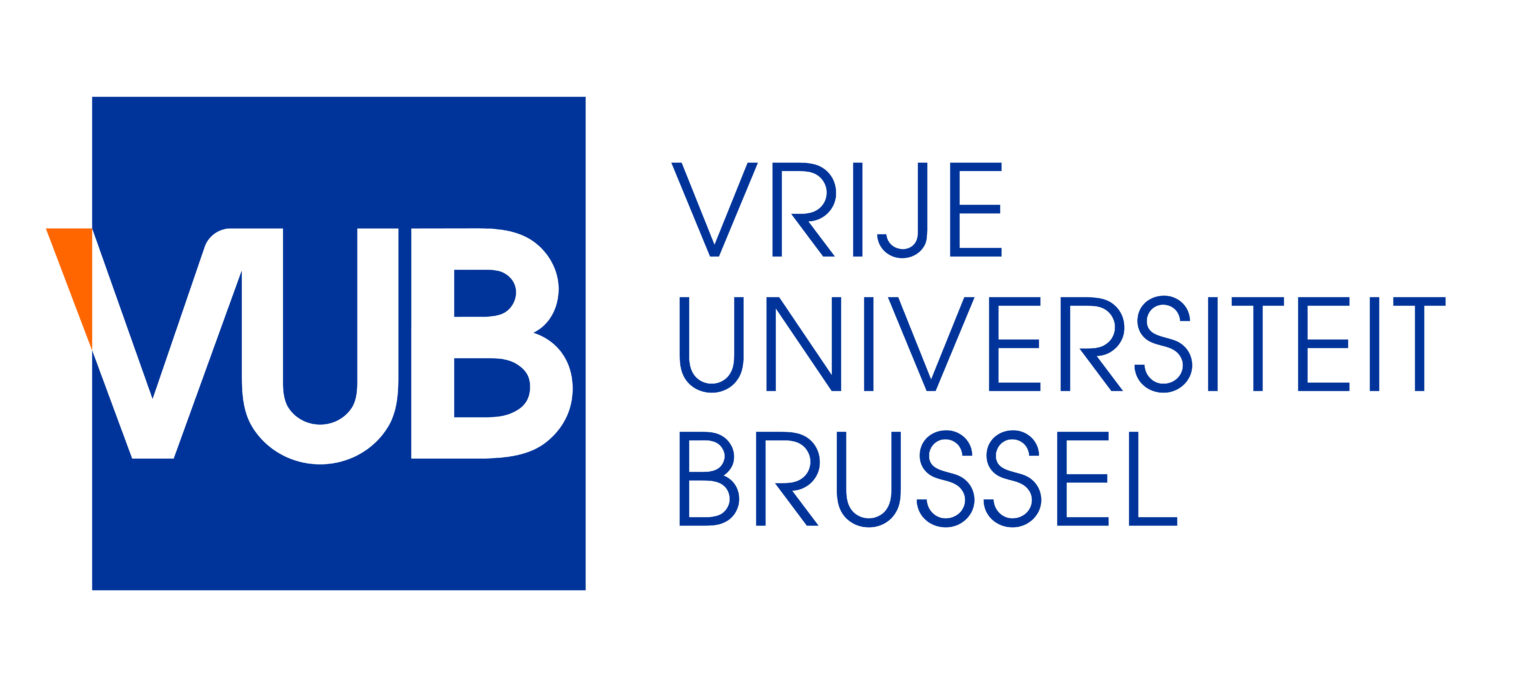
Vrije Universiteit Brussel (VUB) has relatively small collections and will also address its small lab or orphan collections within DiSSCo. Aware of the importance of collections, but knowing that the staff member in charge will retire soon and facing a rather low probability of a replacement, the VUB wishes to do an as complete as possible inventory and within DiSSCo decide on the workflow on how to deposit most of the collections elsewhere for safekeeping and better accessibility for scientific reuse, rather than invest in local repositories. The herbarium is hosted by MeiseBG. Based on the Academic Heritage assessment of 2012, the following collections of the VUB are in scope of DiSSCo: Didactical collections (0.62K), Medical didactical collections (0.78K), Pharmacy and medicine (pm), Pharmacy institute (30), biochemical samples medical (3), Museum Anatomy (pm), Cellular and molecular immunology (2), preserved collections (1K), leaf tissues and DNA (10K).
Vereniging van Botanische Tuinen en Arboreta (VBTA)
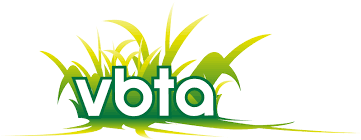
Botanic Gardens and Arboreta Association (VBTA) is a Belgian association with legal status in Flanders (seat in MeiseBG). On board are the largest botanic gardens of Belgium, as well as several smaller arboreta. From the 21 gardens listed, 19 are situated in Flanders. In total, it is estimated that they harbor more than 30K different species of plants. Based on the information available for the gardens not listed above as part of the other consortium members, up to 25K herbarium specimens are present. The living collections are expressed in different metrics: number of individual plants, number of taxa or number of accessions. DiSSCo is the occasion to update this portal to modern standards and mobilize the data using standard metrics.
Royal Belgian Zoological Society (RBZS)
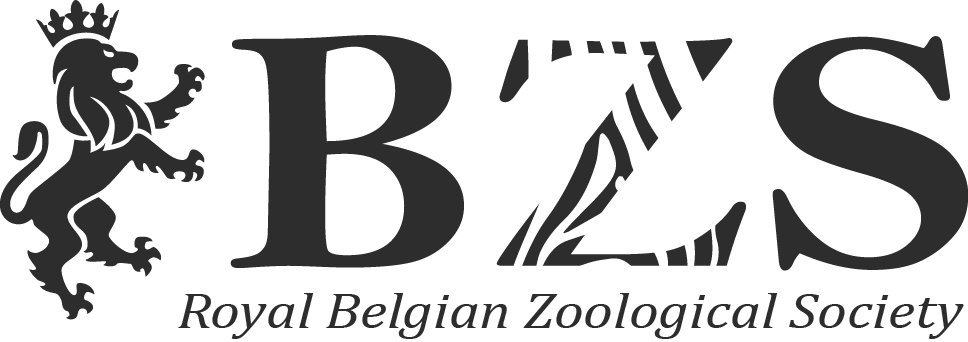
Royal Belgian Zoological Society (RBZS), associated partner, promotes zoological research by connecting researchers nationally and internationally. It is key in identifying and integrating Belgian zoological collections.
dOMG-VPO -Geotheek
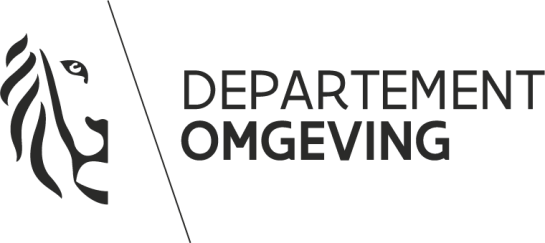
dOMG-VPO -Geotheek, associated partner, manages the Geotheek: a soil and subsoil sample repository as a reference collection, in close management with the digital Database soil and subsurface Flanders-data.
The Royal Belgian Institute of Natural Sciences (RBINS)
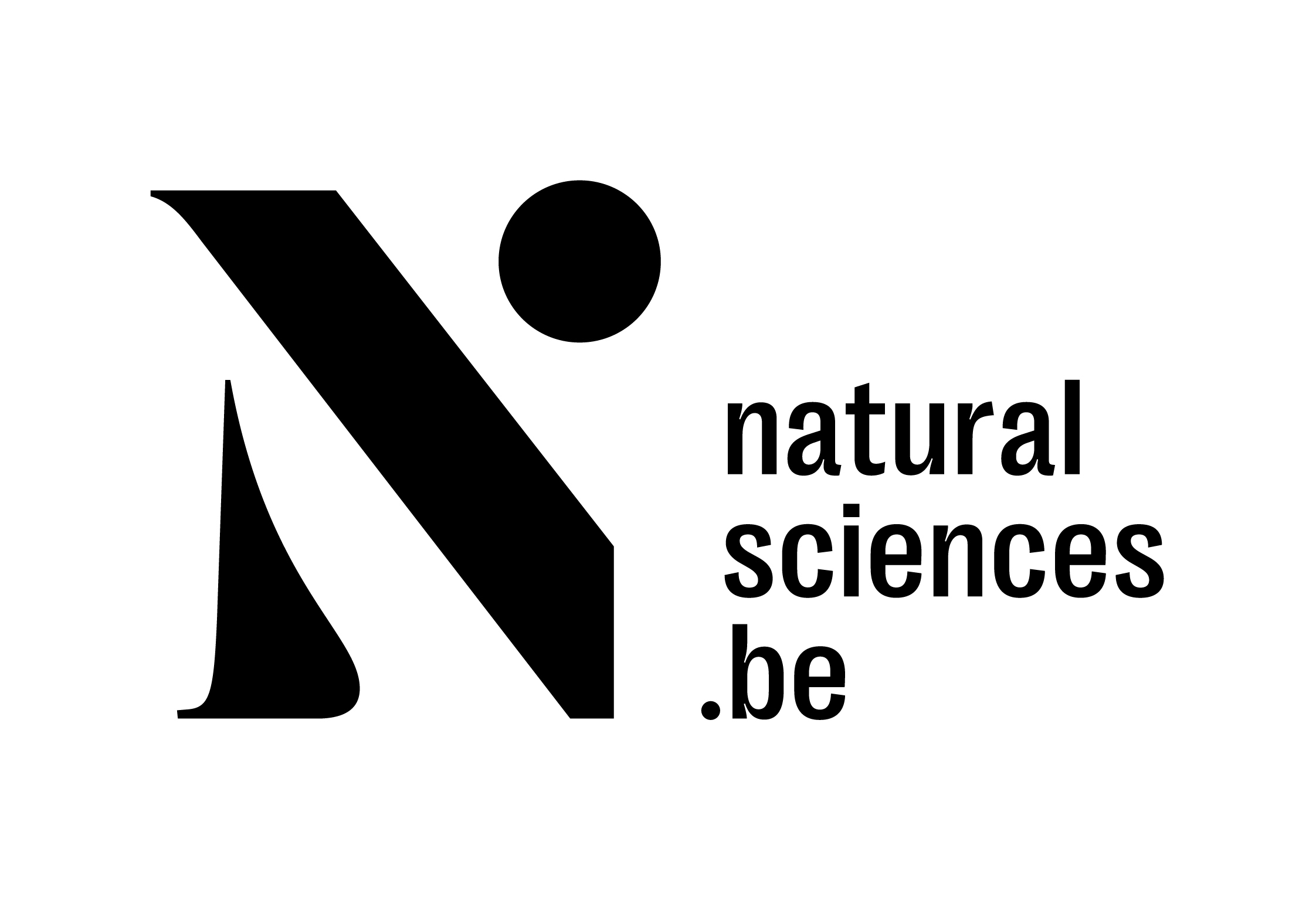
The Royal Belgian Institute of Natural Sciences (RBINS) houses exceptionally rich and diverse zoological, palaeoanthropological, mineralogical and prehistoric collections amounting to 38,000,000 specimens – this includes 200,000 types and illustrated specimens, and 100,000 primary types. RBINS is also undertaking an ambitious digitisation programme. The RBINS Laboratory for Molecular Systematics (LMS) is fully equipped providing a dynamic working environment for researchers using various DNA markers for molecular research.
Royal Museum for Central Africa (RMCA)
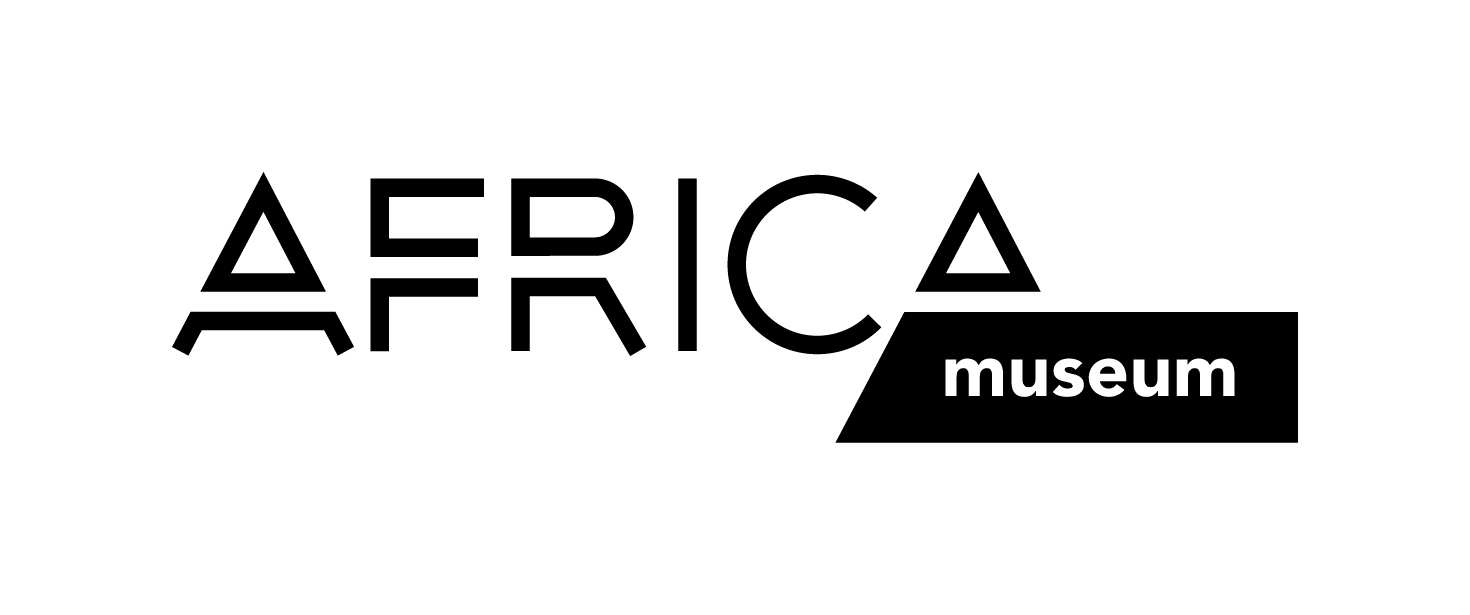
The Royal Museum for Central Africa (RMCA) is a multidisciplinary institution focusing on natural and cultural heritage, knowledge transfer, and research. It holds one of the largest world collections on Central Africa, offering unique reference material. The Biology and Geology departments contain around 10 million animal specimens, 60,000 wood specimens, 16,000 minerals, 300,000 rocks, and 21,500 fossils.
Université libre de Bruxelles (ULB)

Université libre de Bruxelles (Free University of Brussels, ULB) is a French-speaking private research university in Brussels. Currently there are about 3,600 researchers and 2,000 PhD students active in the ULB. It participates in DiSSCo with its herbarium which houses 250,000 specimens, including about 600 type specimens.
Université de Namur (UNamur)

The University of Namur (UNamur) is a Jesuit, Catholic private university in Namur. UNamur participates in DiSSCo with its herbarium of about 70,000 specimens of Phanerogams, Pteridophytes and Bryophytes. It also hosts other scientific collections, inventorised within DiSSCo.
University of Mons (UMons))
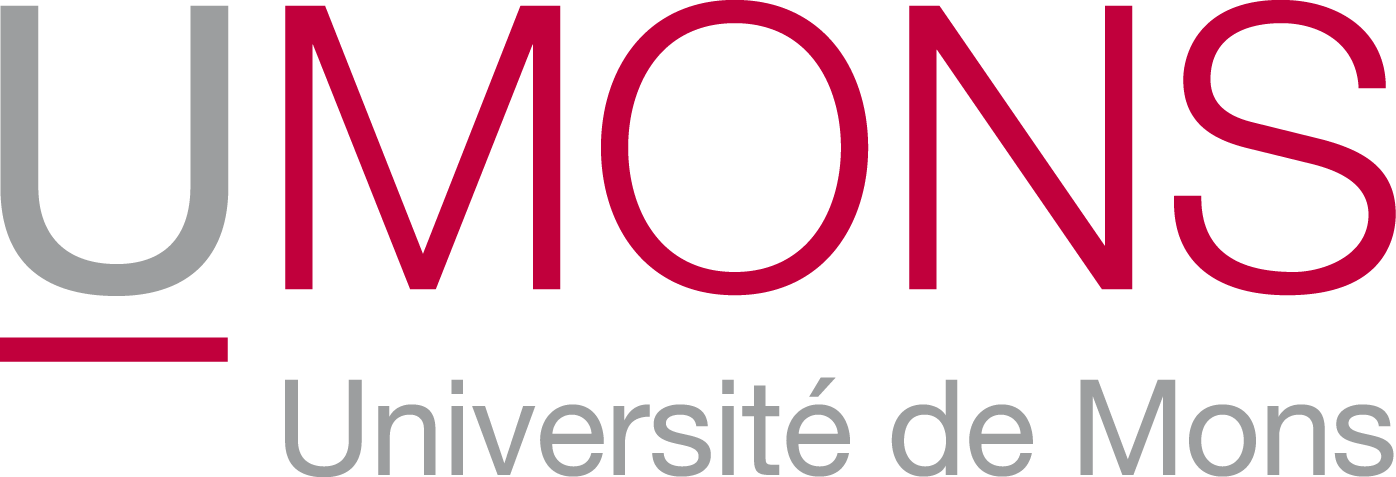
The University of Mons (UMons)
Université de Liège (ULiège))

Université de Liège (ULiège)
Université Catholique de Louvain (UCLouvain)

Université Catholique de Louvain (UCLouvain)
